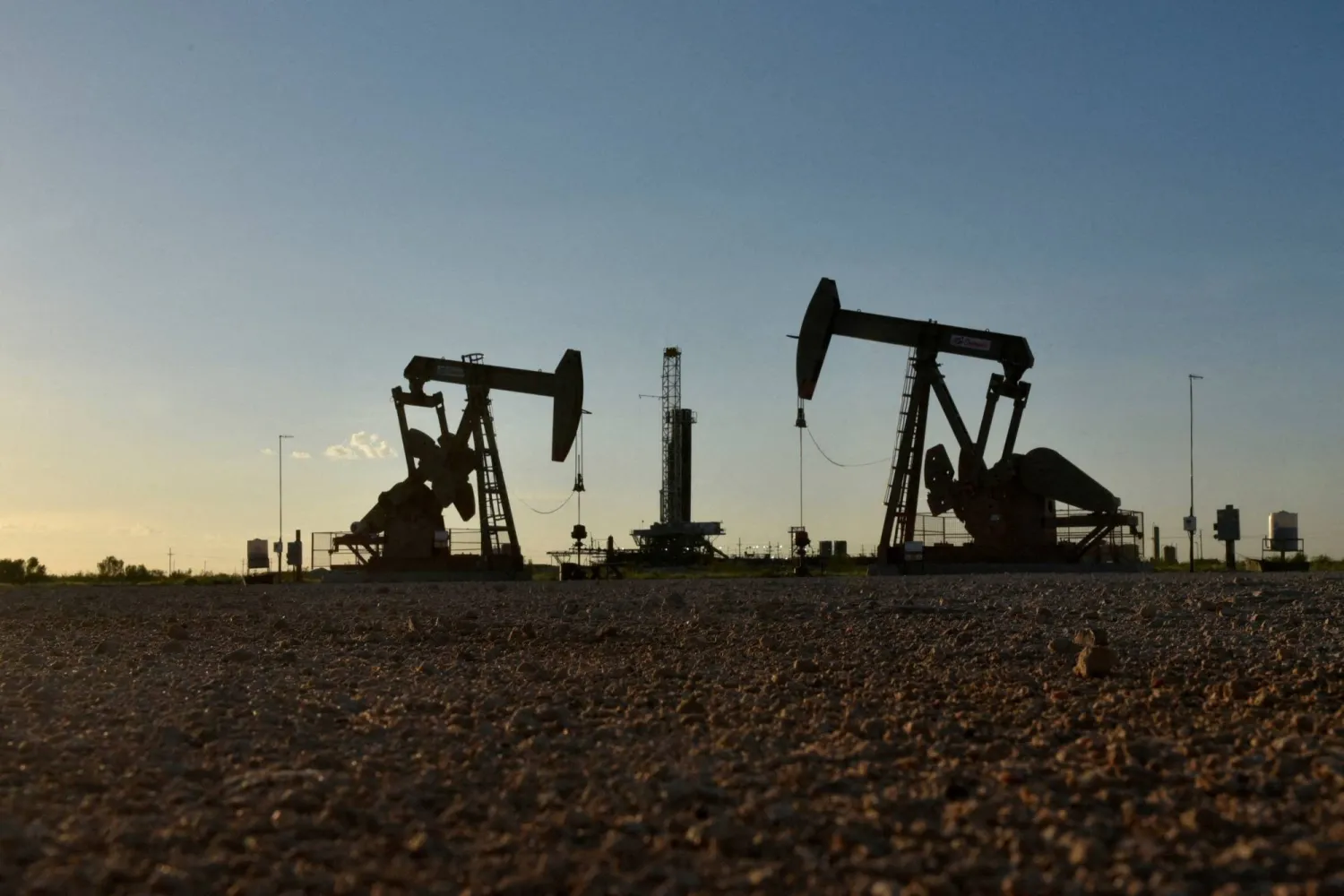Oil prices were largely steady on Thursday, with traders holding fire after declines earlier this week on a stronger US dollar and worries about rising supply amid slow demand growth.
Brent crude futures were down 3 cents to $72.25 a barrel at 0937 GMT. US West Texas Intermediate crude futures were down 7 cents to $68.36.
"The primary driver of oil prices, both in the near term and looking ahead, will be the direction of the US dollar," said Phillip Nova investment analyst Danish Lim.
The dollar's recent rally has been a key downside pressure, said Lim, who expects oil markets to stay volatile, with a bearish bias.
The dollar surged to a one-year high on Thursday, extending gains from Wednesday's seven-month high against major currencies after data showed US inflation in October increased in line with expectations.
This, in turn, stoked worries of slowing demand in the United States.
The market is "a concoction of weak demand factors", with the latest worry being a rally in US 10-year Treasury yields and a surge in the 10-year breakeven inflation rate to 2.35%, said OANDA senior market analyst Kelvin Wong.
"(This) increases the odds of a shallow Fed interest rate cut cycle heading into 2025 (and) overall, there is less liquidity to stoke an increase in demand for oil," he added.
The US Energy Information Administration has slightly raised its global oil output forecast for 2024 to 102.6 million barrels per day (bpd), from a prior forecast of 102.5 million bpd, driven by an expected increase in US output of 300,000 bpd. For 2025, it expects world output of 104.7 million bpd.
The International Energy Agency's oil market report is due later in the day.
With slowing demand in China, there are few supply-demand factors supporting bullish oil markets, said independent market analyst Tina Teng.
Oil Prices Broadly Flat After Falling On Dollar Surge

FILE PHOTO: Pump jacks operate in front of a drilling rig in an oil field in Midland, Texas US August 22, 2018. Picture taken August 22, 2018. REUTERS/Nick Oxford/File Photo

Oil Prices Broadly Flat After Falling On Dollar Surge

FILE PHOTO: Pump jacks operate in front of a drilling rig in an oil field in Midland, Texas US August 22, 2018. Picture taken August 22, 2018. REUTERS/Nick Oxford/File Photo
لم تشترك بعد
انشئ حساباً خاصاً بك لتحصل على أخبار مخصصة لك ولتتمتع بخاصية حفظ المقالات وتتلقى نشراتنا البريدية المتنوعة







